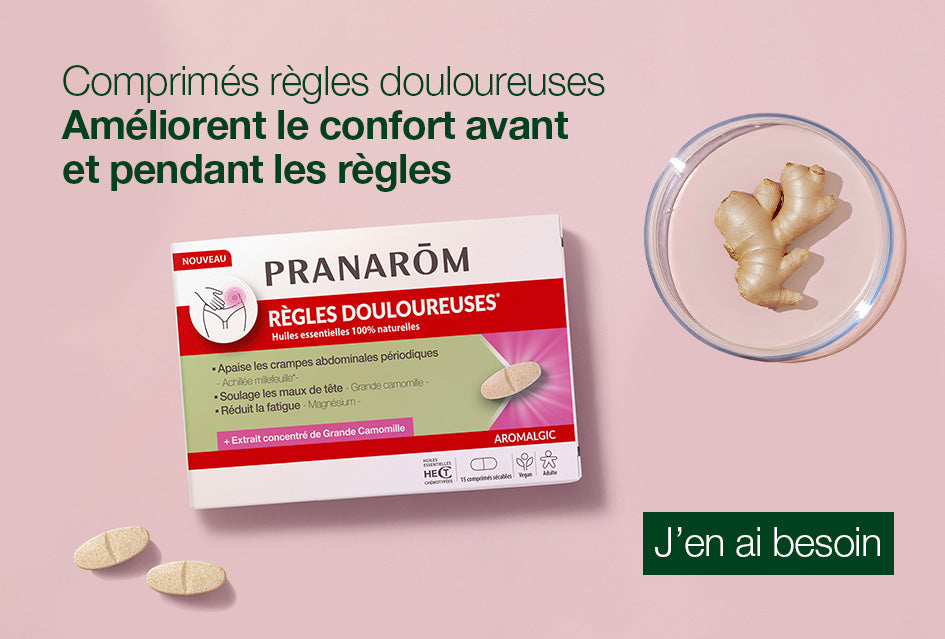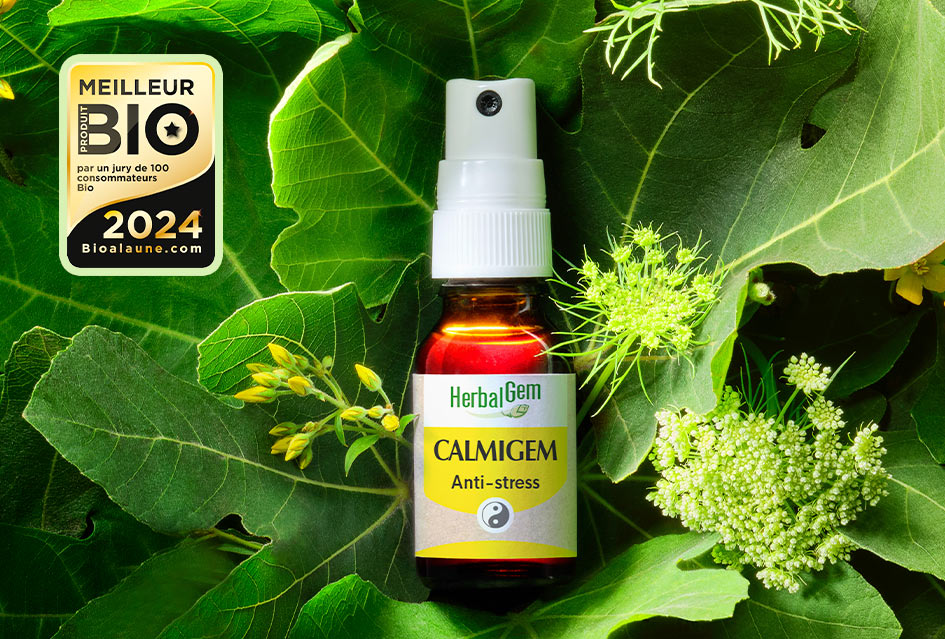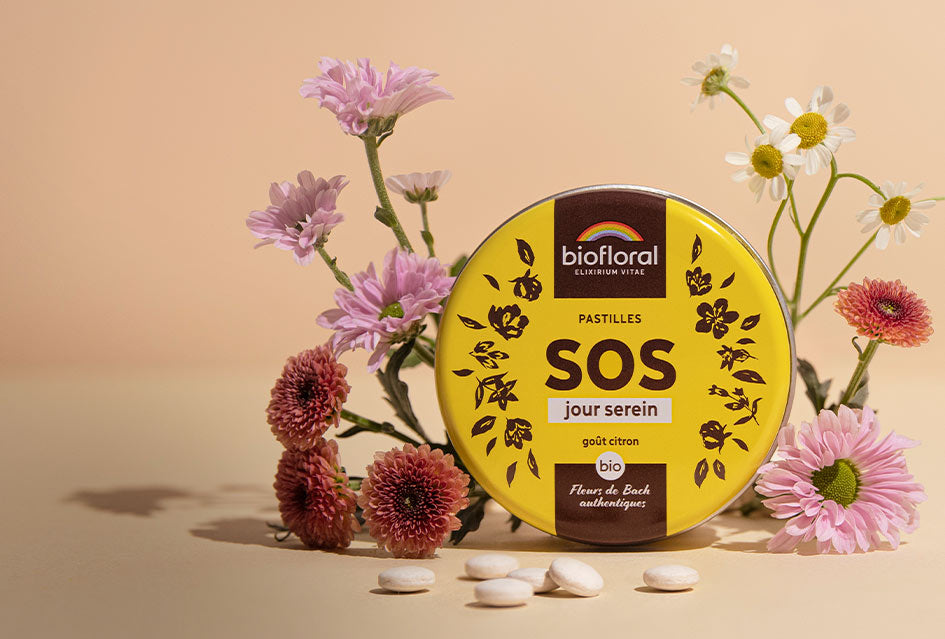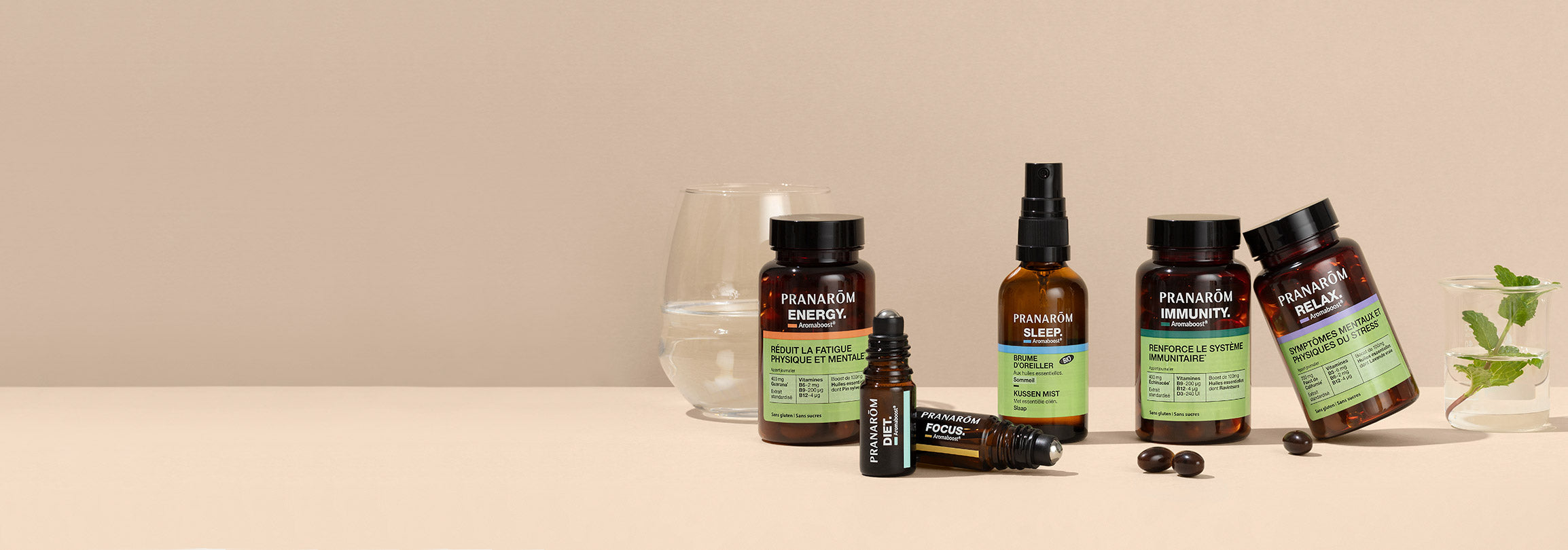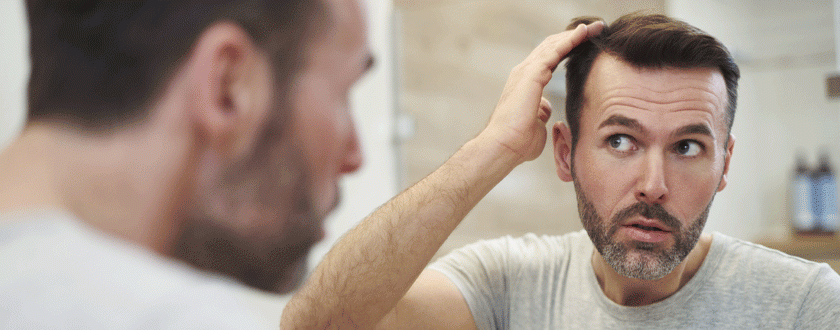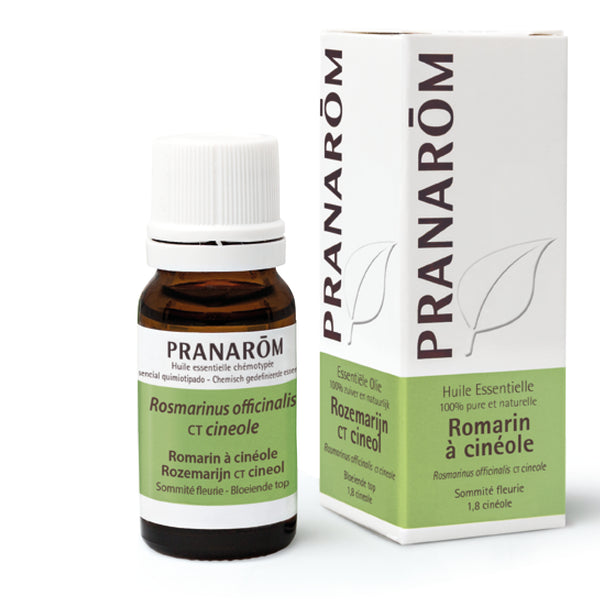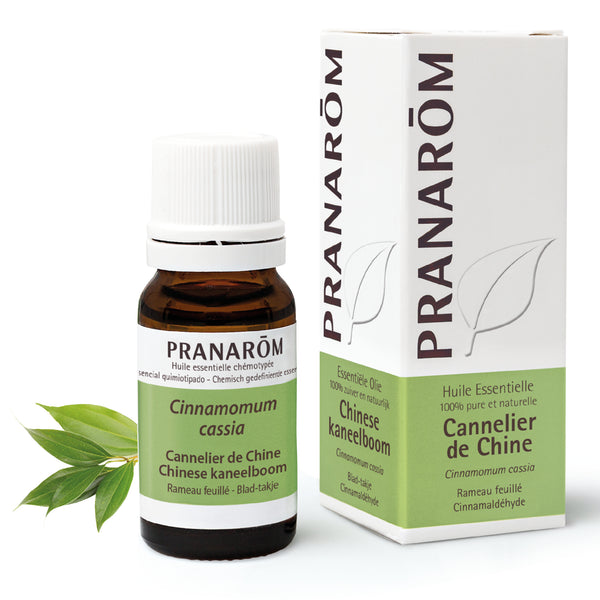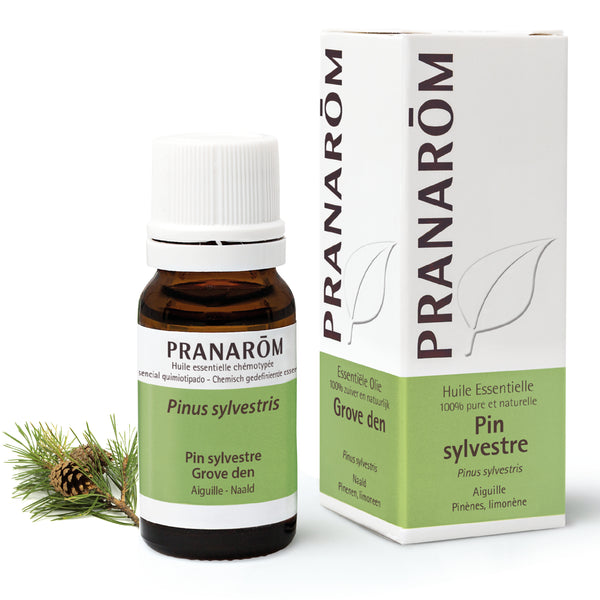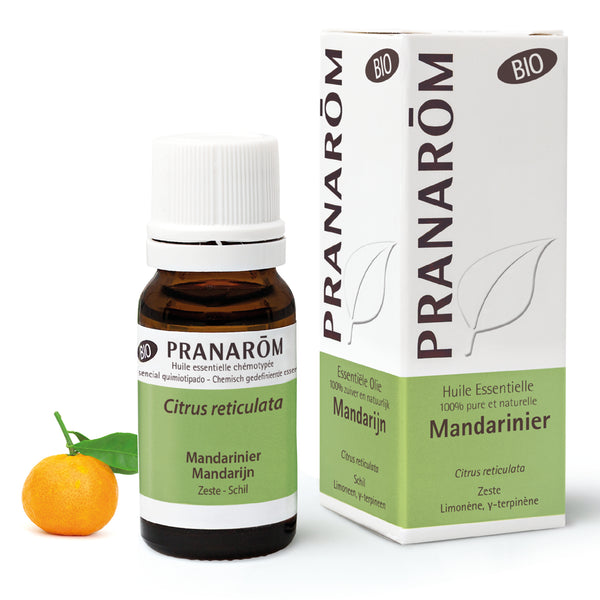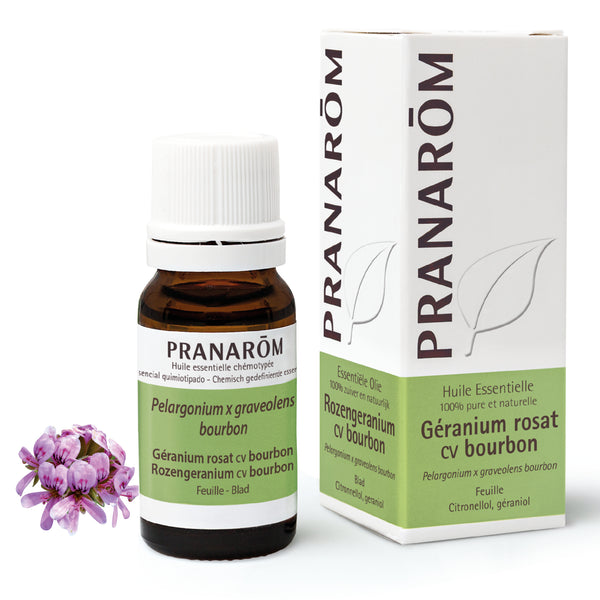Every day, many people facing hair loss turn to aromatherapy to consider a solution.
However, cases of hair loss are very varied and can be linked to different factors. We do not fight against hair loss linked to genetic alopecia with the same weapons as in cases of alopecia areata.
There is hair loss and hair loss
It is important to distinguish between different cases of hair loss and have it diagnosed by a doctor before any treatment.
In many cases of temporary or controllable hair loss, hair loss is linked to hormonal factors, particularly after childbirth or menopause.
This is also the case when a person suffers from thyroid disorders and sees their hair thinning and their hair falling out. Medication treatments may then prove useful.
On the other hand, androgenetic alopecia (common baldness in men and some rare women), both linked to the hormonal factor and to genetic heredity, does not find a truly effective treatment.
What is alopecia areata?
Characterized by hair loss at the scalp in patches, alopecia areata can lead to total hair loss and baldness called alopecia totalis. The causes of alopecia areata are poorly understood.
Acute and sudden alopecia can also be linked to treatment with chemotherapy or radiotherapy, significant stress, nutritional deficiencies or irradiation. The hair may eventually reappear afterwards.
While localized alopecia will be more linked to skin pathologies caused by external factors (burn, ringworm, lichen planus) or autoimmune factors (alopecia areata). These cases are more complex to treat.
Many dermatology patients are affected and the disease can have serious psychological consequences.
A clinical study on the effect of essential oils on alopecia areata
Here is a randomized and controlled double-blind clinical study aimed at evaluating the effectiveness of a synergy of essential oils on patients suffering from alopecia areata who did not suffer from hypertension or epilepsy and whose alopecia was not severe. androgenic order (hormonal and genetic).
The remaining 84 were divided into two groups:
- The Essential Oils group (active) , treated with the following formula: essential oils of common thyme with thujanol Thymus vulgaris (2 drops), true lavender Lavandula angustifolia (3 drops), rosemary with verbenone Rosmarinus officinalis (3 drops) and Altas cedar Cedrus atlantica (2 drops) mixed in vegetable oils (HV) of Jojoba (3 ml) and grape seed (20 ml). The patient had to massage his scalp with this mixture for at least 2 minutes every evening while wrapping a warm towel around his head to promote absorption of the oils;
- The vegetable oils group (control) was treated in the same way but only with the mixture of Jojoba and grape seed vegetable oils.
Encouraging results
The treatment was evaluated using sequential photographs independently by 2 dermatologists who were unaware of the nature of the treatment administered. Each volunteer was photographed at baseline, after 3 months and after 7 months. The degree of success of this study was measured by two methods: a computerized analysis of areas of alopecia and a hair growth scale ranging from 1 to 6.
A notable difference between the two groups tested
The results of the study showed that the improvement was statistically significant in all evaluations conducted.
44% of patients in the essential oil group showed a clear improvement, compared to only 15% for the HV control group.
Measurement of alopecia areas in the essential oil group showed an average reduction in the affected area from 103.9 cm2 to -1.8 cm2 compared to the control group.
The authors confirmed that the success of using this EO-based formulation is distinctly superior to conventional treatments such as diphencyprone, dibutylester squaric acid, intradermal corticosteroid injections or puvatherapy (Psoralen – UV).
What essential oils for hair loss?
It is impossible to answer this question unequivocally. In scientific aromatherapy forms, however, we always find low-dose aromatic preparations (2% Essential Oil for a treating shampoo, a little more for a treating oil to massage into the hair at bedtime).
To stimulate hair losing vitality:
- We will choose essential oils such as Atlas Cedar , Ylang-ylang and Rosemary (all types)
Anti hair loss :
A formula from Dominique Baudoux:- Cajeput essential oil (melaleuca cajeputii): 10 drops;
- Essential oil of Rose Geranium CV Egypt: 20 drops;
- Mandarin essence (zest): 20 drops;
- Ginger essential oil: 10 drops.
To stimulate blood microcirculation and cellular exchange:
We will opt for Scots Pine essential oil or Cinnamon (bark or leaf) and thus better irrigate the scalp to make the hair more tenacious:- Cinnamon essential oil (bark): 5 drops;
- Scots Pine essential oil: 20 drops;
- Jojoba vegetable oil: 30 ml.
Rub the hair with the oil after washing, rinsing and drying the hair normally. Leave on all night. Repeat this ritual two to three times a week for about three weeks, especially in autumn.
This mixture is not suitable for pregnant or breastfeeding women.
If the hair has already disappeared, to date, no essential oil has been proven to cause regrowth.
Aromatherapy and mental health: managing stress related to hair loss
Hair loss, whether temporary or chronic, can have a significant impact on a person's mental health. The stress and anxiety associated with hair loss creates a vicious cycle, where stress contributes to hair loss, and hair loss increases stress. Fortunately, aromatherapy offers a calming route to breaking this cycle. A scientific study from Grenoble Alpes University highlighted this:
- Calming the mind: Certain essential oils, such as lavender and Roman chamomile, are known for their calming properties. Inhaled or applied to the skin, they help reduce anxiety and promote a more peaceful state of mind.
- Improved sleep: Stress related to hair loss disrupts sleep. Oils such as ylang-ylang or shell marjoram, used before bed, can encourage restful sleep.
- Self-confidence boost: Essential oils such as geranium help boost self-confidence, an aspect often eroded by hair loss.
- Consultation with an expert: as with any treatment, it is recommended to consult a qualified health professional or aromatherapist for personalized support.
References :
- Isabelle C. Hay, MRCP; Margaret Jamieson, SRN; Anthony D. Ormerod, FRCP. Randomized Trial of Aromatherapy. Successful Treatment for Alopecia Areata. Arch Dermatol. 1998; 134:1349-1352

